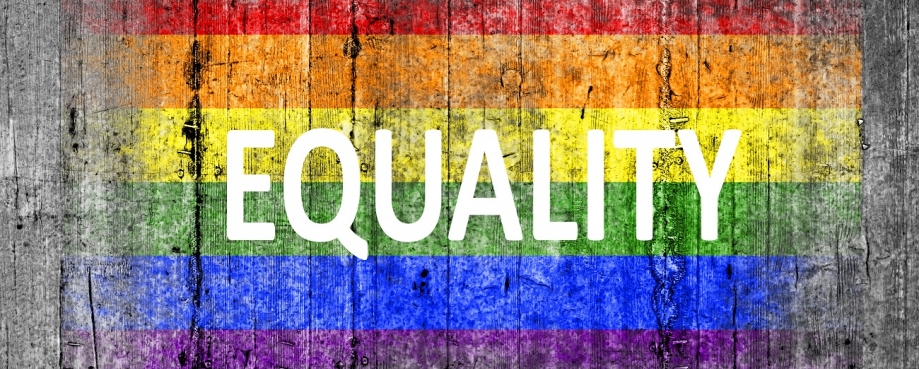
Fabrice Houdart of the United Nations and Tim Jarman of Ernst and Young reflect on the rising tide of abuse against LGBTI people and ask what employers can do to help tackle discrimination around the world.
Earlier this month, the Washington Post published an alarming article titled “there’s a rising global tide of crackdowns on LGBT communities”. The author took stock of the rise in hate speech and human rights abuses against LGBTI people over the past few months in places like Azerbaijan, Indonesia, Egypt or Tajikistan, and shared his fears that the trend may be spreading.
More than 37% of the world’s population still live in areas where homosexuality is criminalised. In the parts of the world with more developed legal frameworks, the few statistics available on homophobia, transphobia and biphobia are staggering.
Based on a 2015 HRC survey, more than half of LGBT youth in the US experience some form of bullying. This number goes up to an astonishing 75% in Australia. Another US survey shows that because of their subsequent vulnerability, LGBTI youth are twice as likely to end up in juvenile detention.
Faced with such a challenging environment, human rights practitioners must come up with innovative strategies to make sure progress on human rights of LGBTI people isn’t lost or reversed. And, where companies possess important leverage in the countries where they operate, we need them to be front and centre in the development and practise of these strategies.
That’s precisely what the OHCHR hopes to achieve with its new Standards of Conduct for Business on Tackling Discrimination against LGBTI People, which seek to make companies more strident agents of change not only within the workplace but also outside.
United Nations launches new guidance for business
This week (October 30), the United Nations launched the standards in London. Co-sponsored by Ernst and Young and Stonewall, the event was attended by some leading international companies which have already pledged their support for the standards, such as Google, Virgin Group and Vodafone Group.
The standards were developed jointly by the OHCHR and the Institute for Human Rights and Business (IHRB). The publication explains how companies can do business more effectively whilst also enhancing the communities they work in - not just through economic progress, but by improving the human rights situation of LGBTI people.
Some companies, such as Ernst and Young, are already taking steps to help others on their journey towards better supporting LGBTI equality. The firm’s ‘Making it real – globally’ guidance provides nine ways to go about turning policy into practice. It provides a practical starting point for global companies exploring how to introduce the standards into practice and can be downloaded here.
On top of compliance, the OHCHR hopes to reignite enthusiasm in companies for using their leverage to help solve one of the big human rights challenges of our time. If companies begin to implement the standards, the effects could be instrumental in turning the tide and make a real difference to the lives of LGBTI people worldwide.
